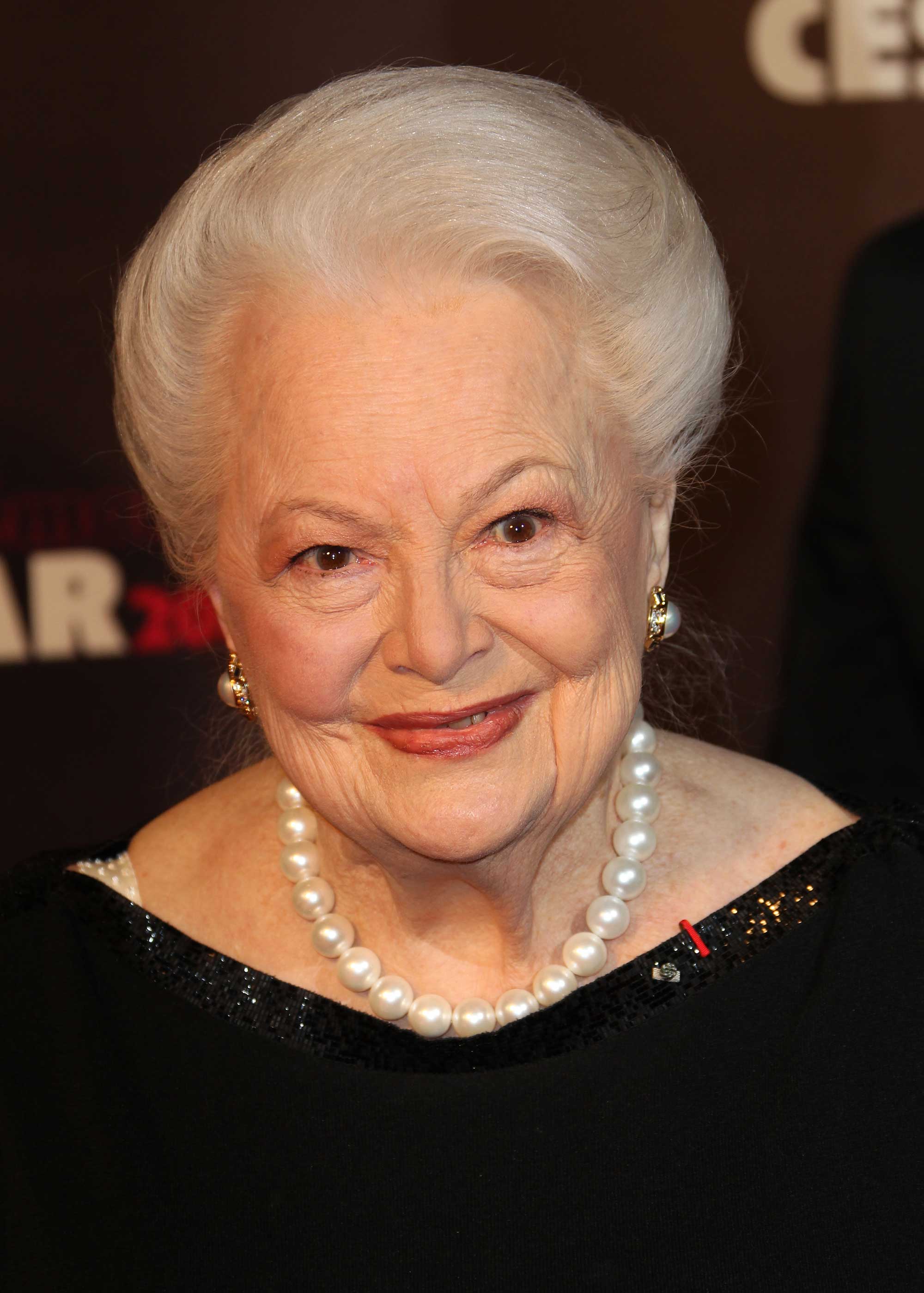FX Wins ‘Feud’ Suit Appeal

The smarter way to stay on top of broadcasting and cable industry. Sign up below
You are now subscribed
Your newsletter sign-up was successful
In a legal win for biopics and docudramas everywhere, a California state appeals court has found for FX Networks in a suit brought by actress Olivia de Havilland (Gone with the Wind, Robin Hood) against FX docudrama Feud: Bette and Joan.
De Havilland, in a "right of publicity" lawsuit, sued for misappropriation, invasion of privacy and more, saying FX had used her name and image without her permission, which FX did not dispute.
De Havilland sought to enjoin the distribution and further airing of the series and monetary damages. The eight-part docudrama originally aired in March 2017.
A lower court had denied FX's motion to strike the complaint on the grounds that Feud had tried to portray de Havilland realistically, saying it was not a "transformative work subject to First Amendment protection."
The California Second Circuit Court of Appeal Monday (March 26) reversed that decision.
"Authors write books. Filmmakers make films. Playwrights craft plays. And television writers, directors, and producers create television shows and put them on the air or, in these modern times, online. The First Amendment protects these expressive works and the free speech rights of their creators," said the appeals court. "Some of these works are fiction. Some are factual. And some are a combination of fact and fiction."
"Whether a person portrayed in one of these expressive works is a world-renowned film star -- 'a living legend' -- or a person no one knows, she or he does not own history. Nor does she or he have the legal right to control, dictate, approve, disapprove, or veto the creator’s portrayal of actual people.
The smarter way to stay on top of broadcasting and cable industry. Sign up below
"The trial court’s ruling leaves authors, filmmakers, playwrights, and television producers in a Catch-22. If they portray a real person in an expressive work accurately and realistically without paying that person, they face a right of publicity lawsuit. If they portray a real person in an expressive work in a fanciful, imaginative -- even fictitious and therefore 'false' -- way, they face a false light lawsuit if the person portrayed does not like the portrayal.
“[T]he right of publicity cannot, consistent with the First Amendment, be a right to control the celebrity’s image by censoring disagreeable portrayals.”
"Today’s decision represents a major legal victory for filmmakers and creators of all kinds, re-affirming their First Amendment right to tell stories about and inspired by real people and events in genres including docudramas, biopics, historical fiction, and documentaries," said Motion Picture Association of America President Charles Rivkin.
MPAA and Netflix had filed an amicus brief warning that if the Second Circuit upheld the Superior Court decision, artistic freedom and public discourse would be the loser.
Contributing editor John Eggerton has been an editor and/or writer on media regulation, legislation and policy for over four decades, including covering the FCC, FTC, Congress, the major media trade associations, and the federal courts. In addition to Multichannel News and Broadcasting + Cable, his work has appeared in Radio World, TV Technology, TV Fax, This Week in Consumer Electronics, Variety and the Encyclopedia Britannica.

